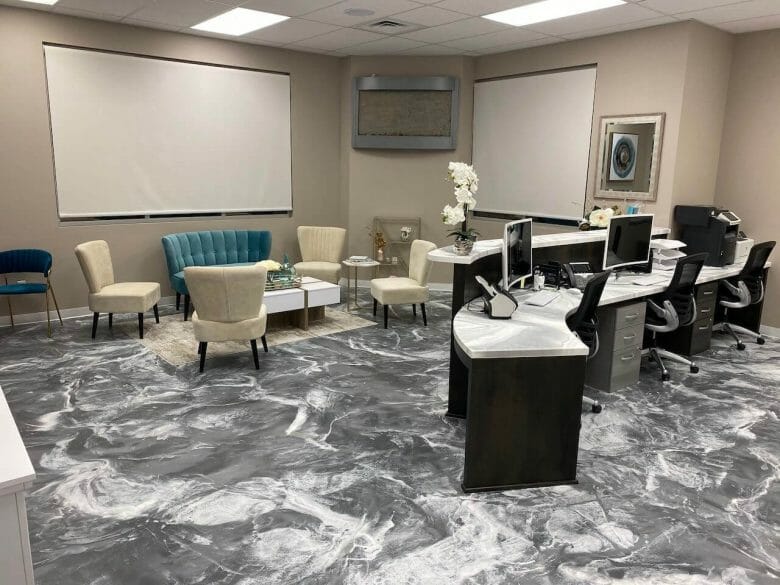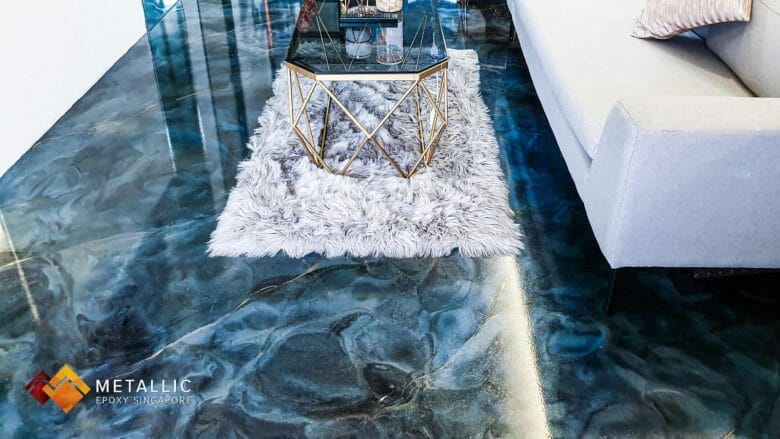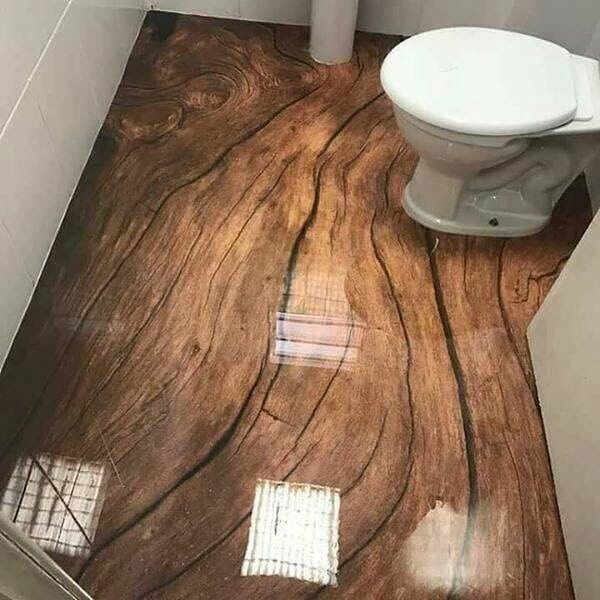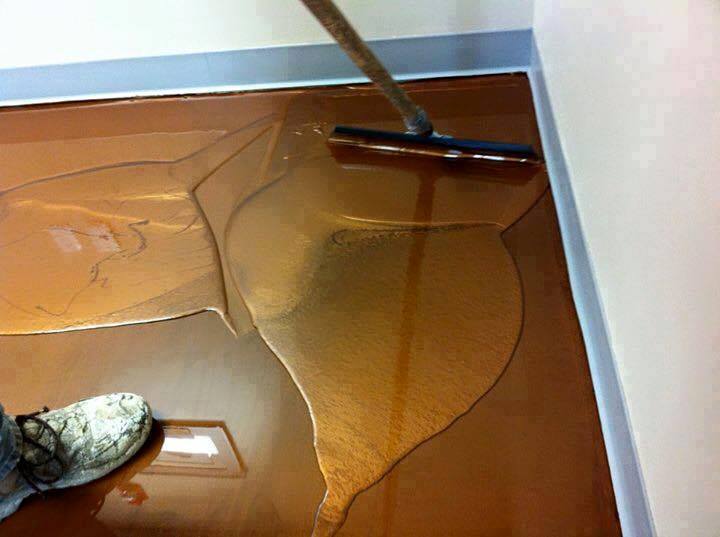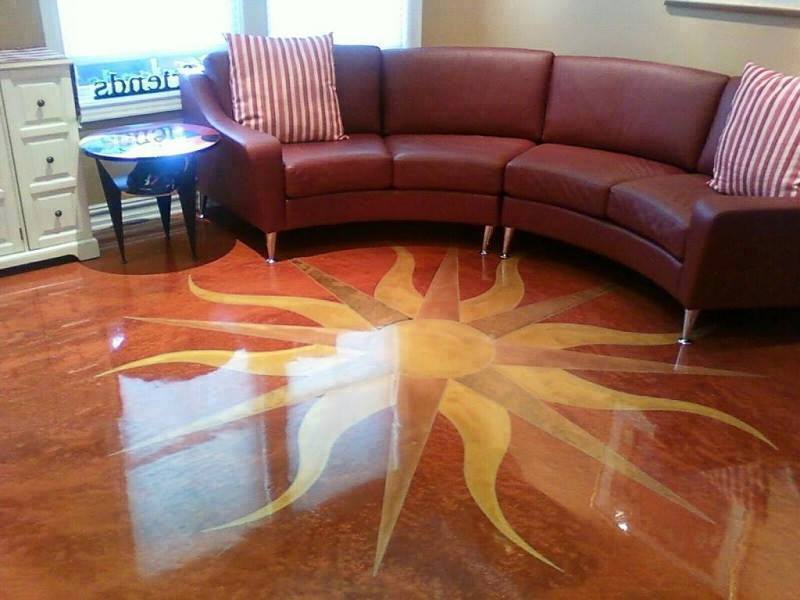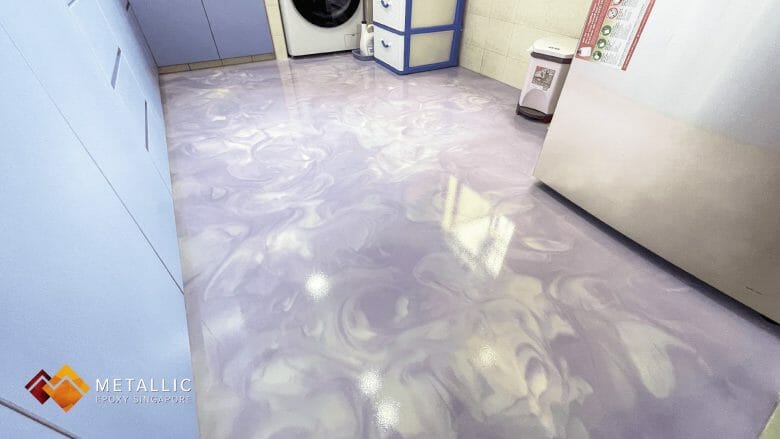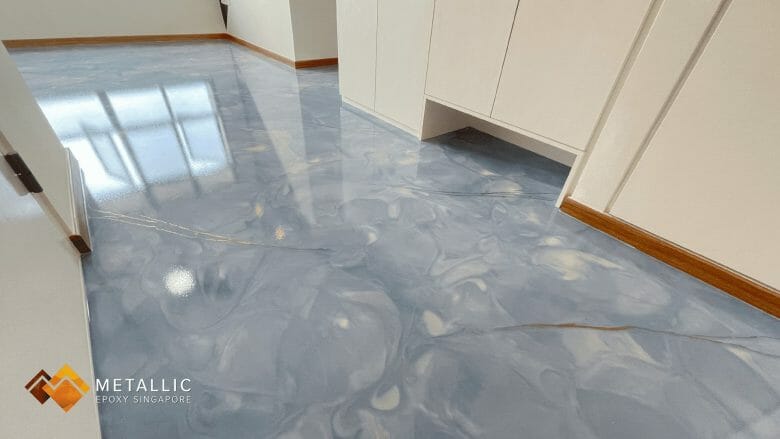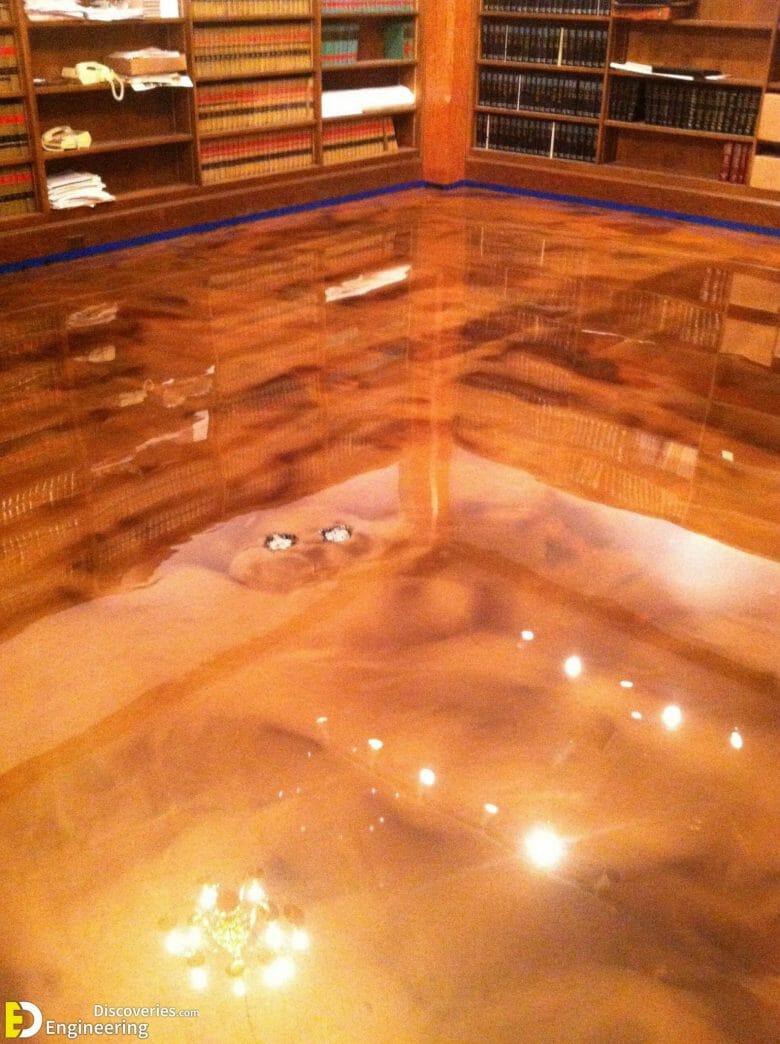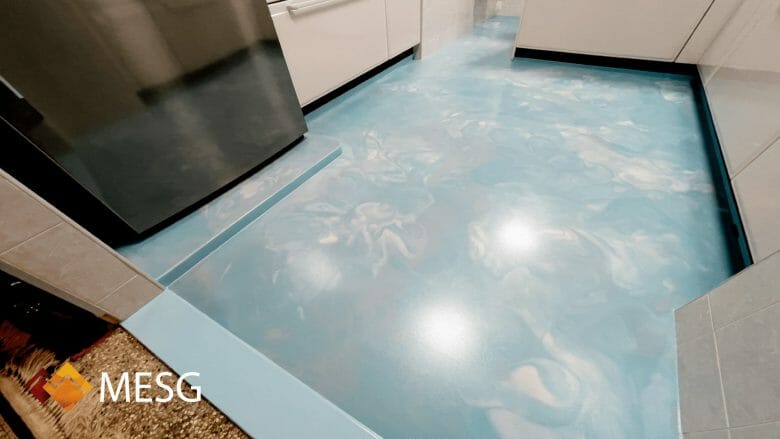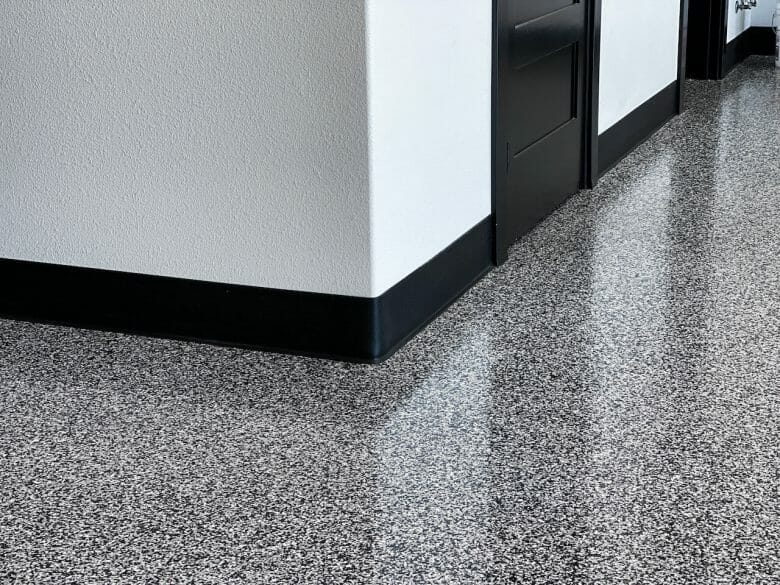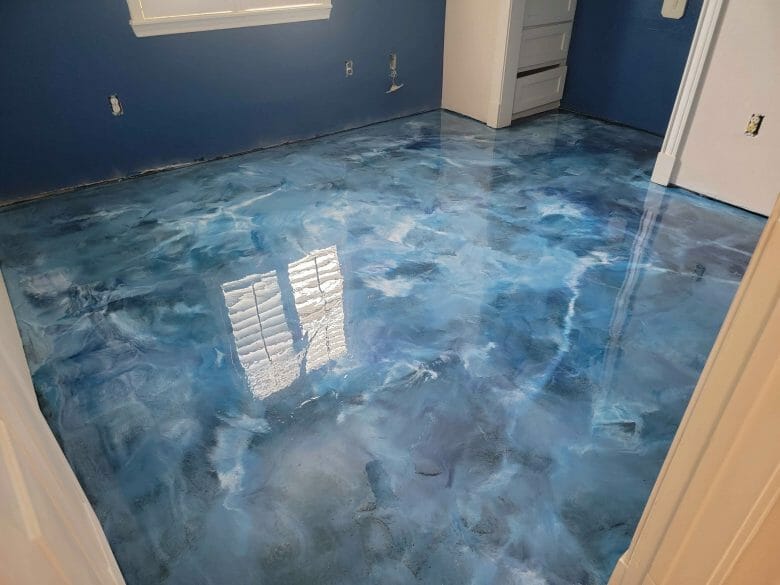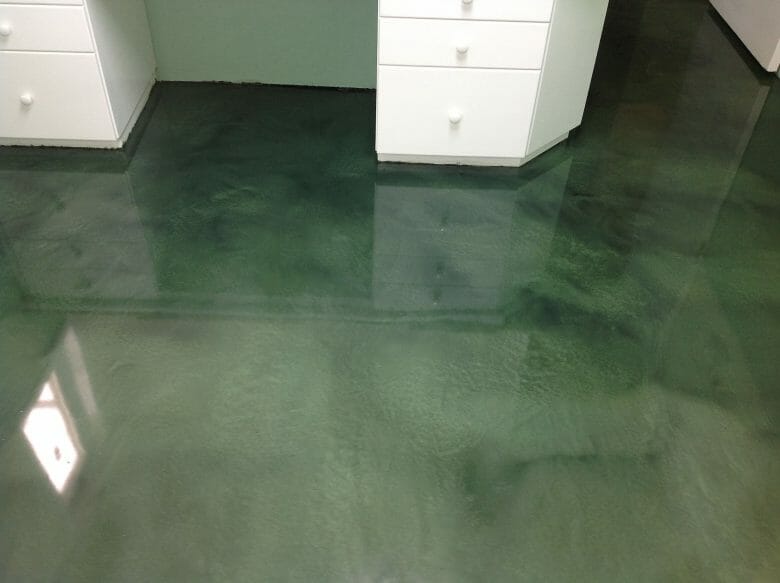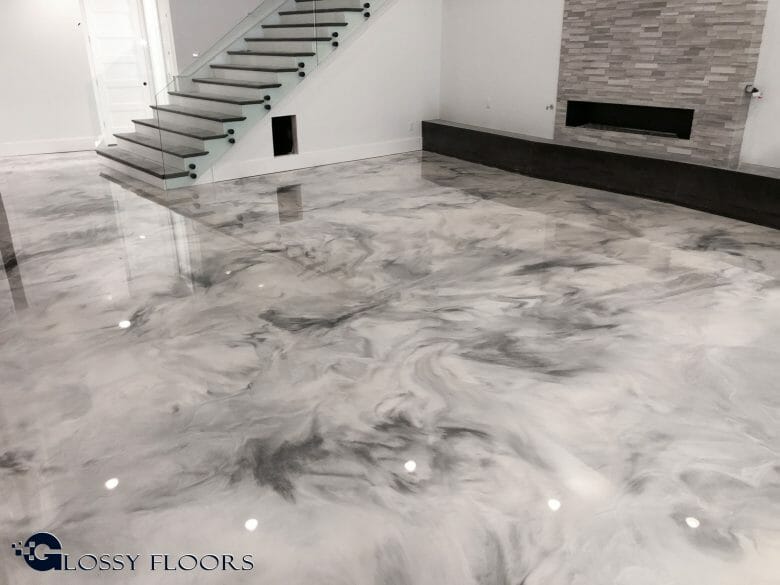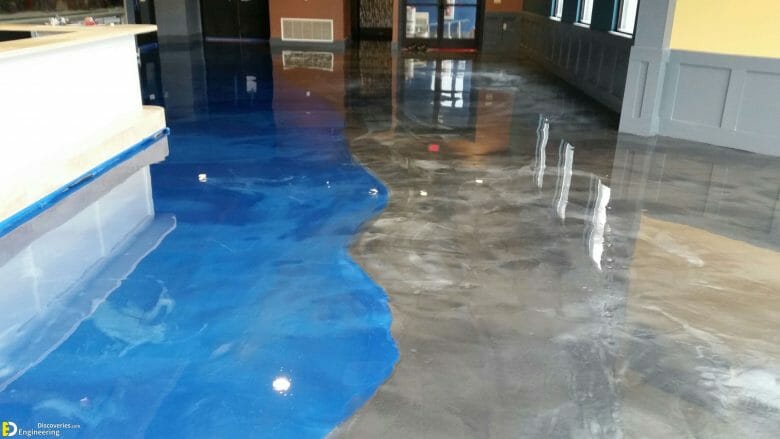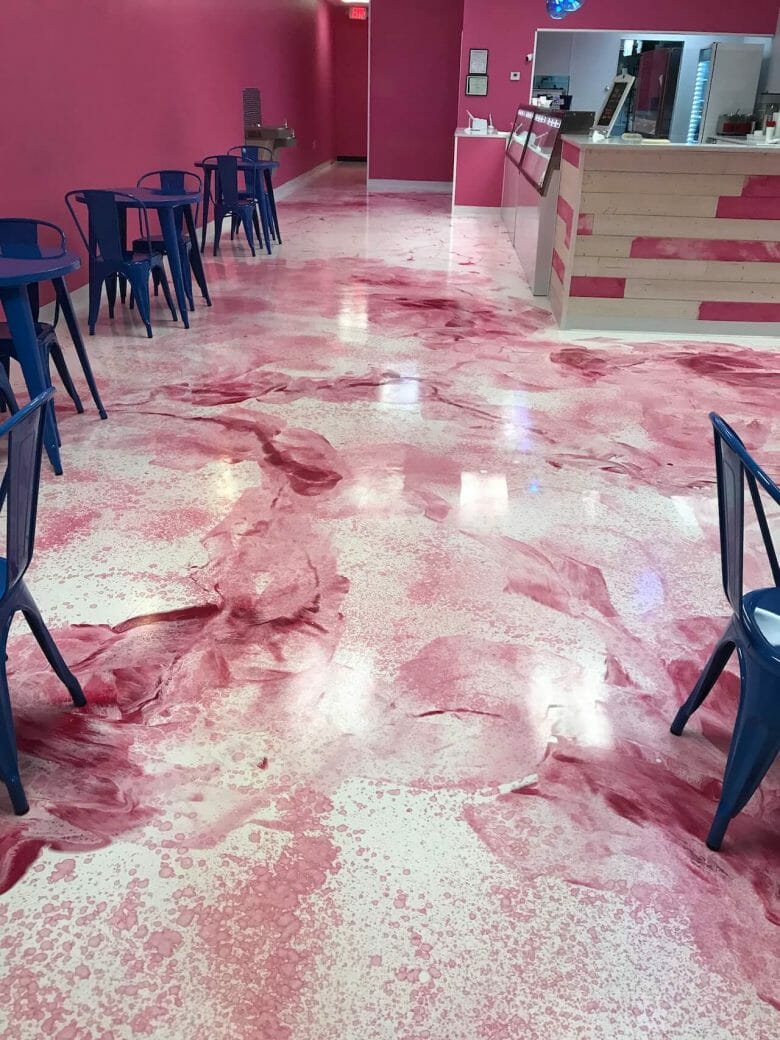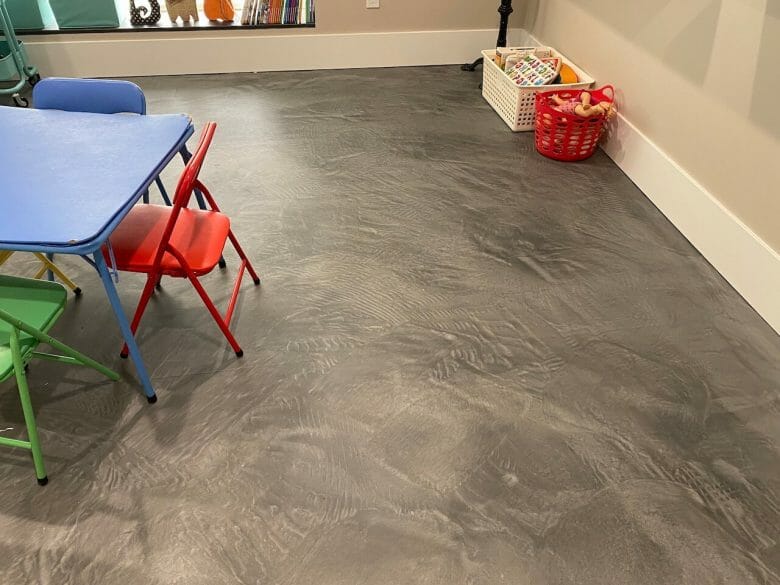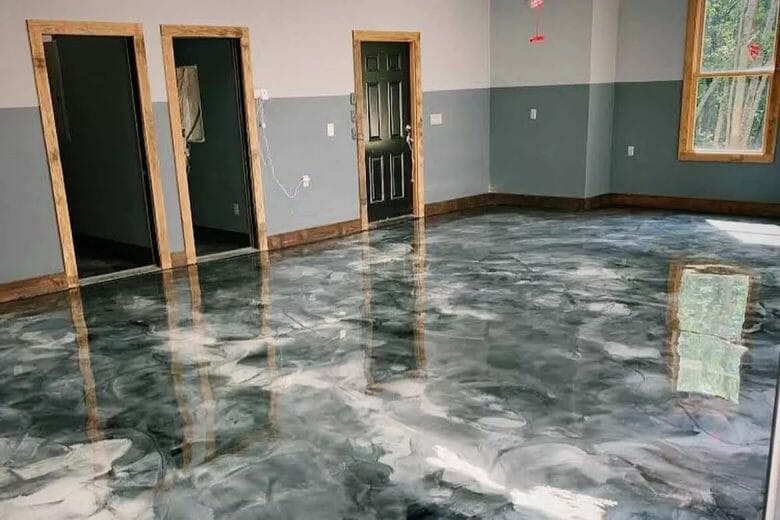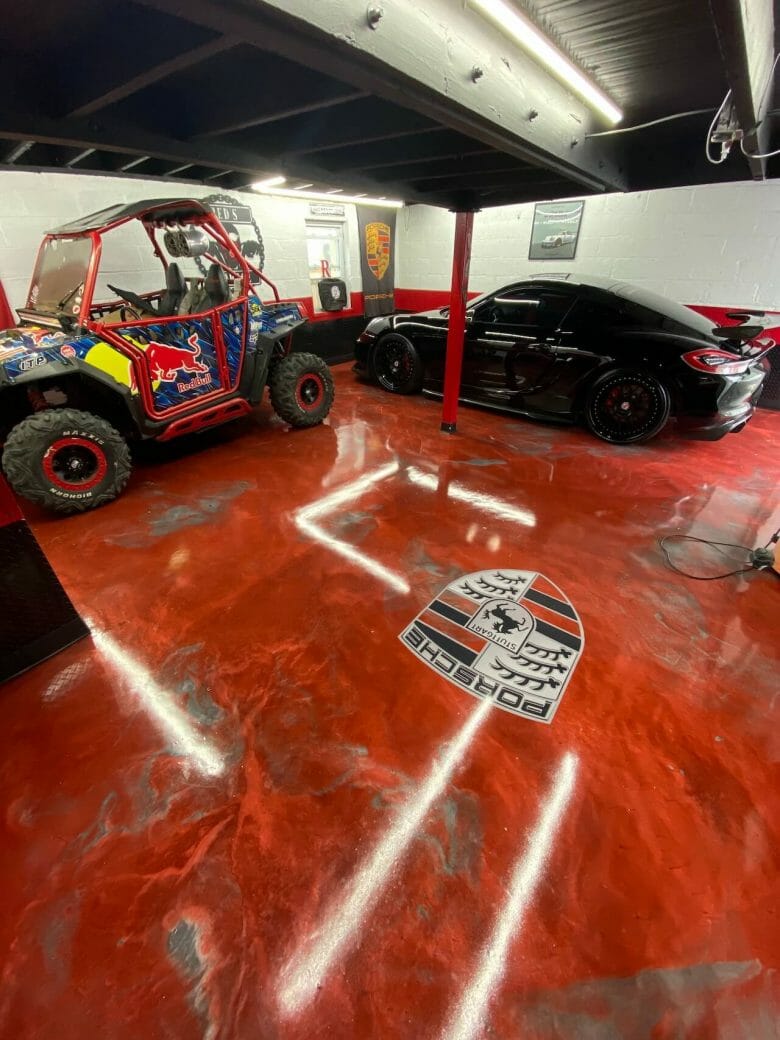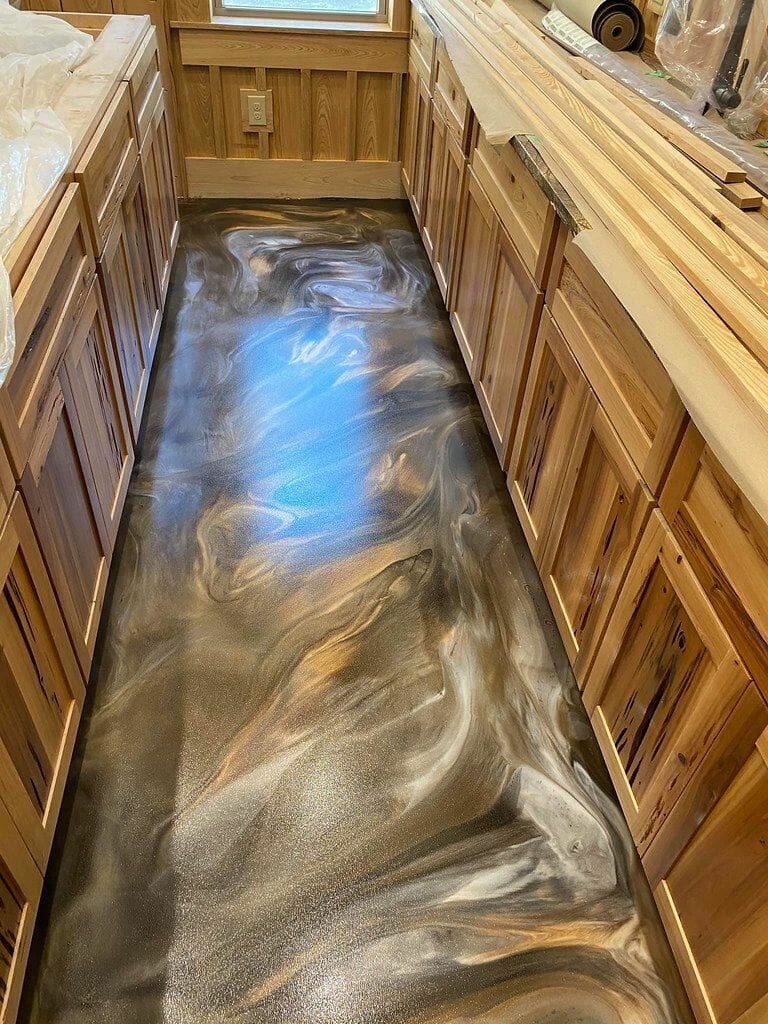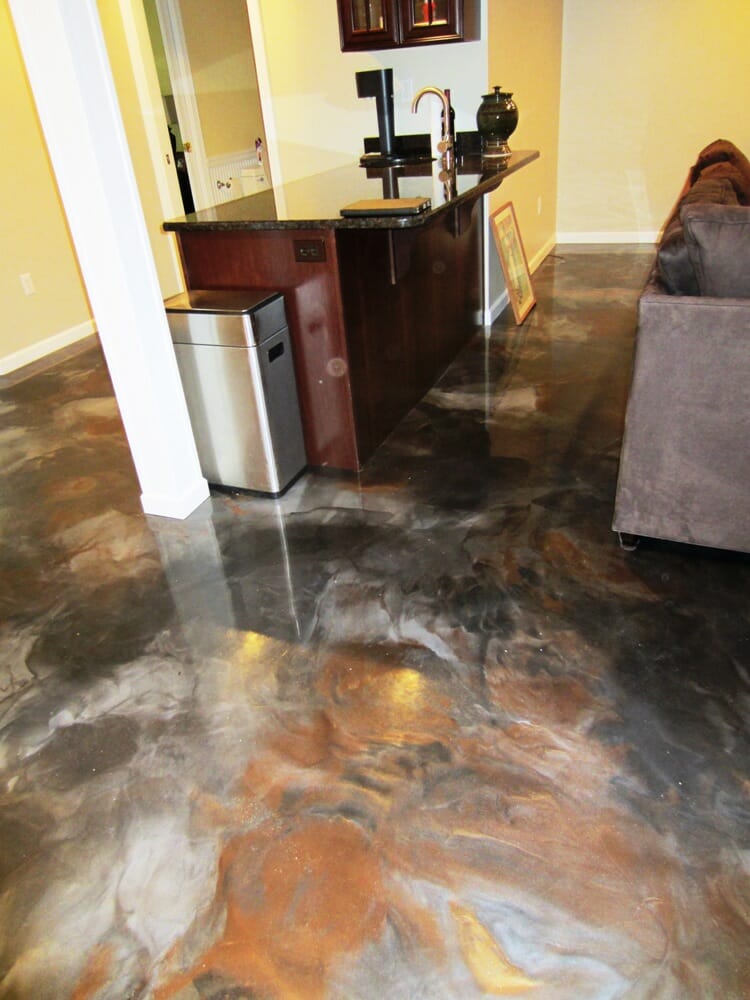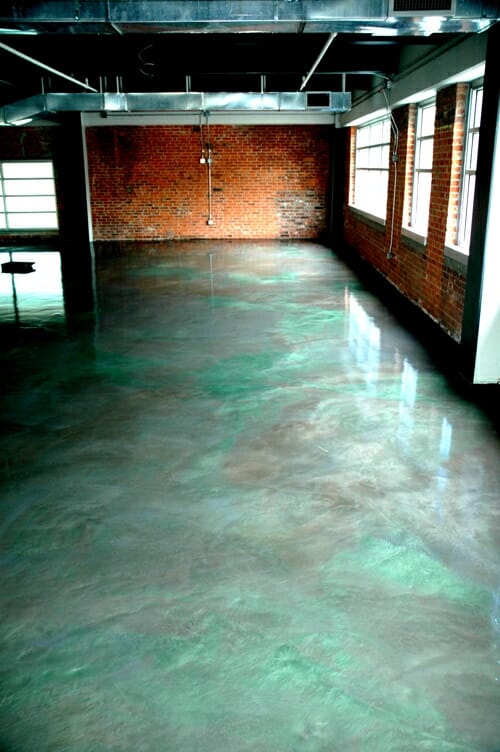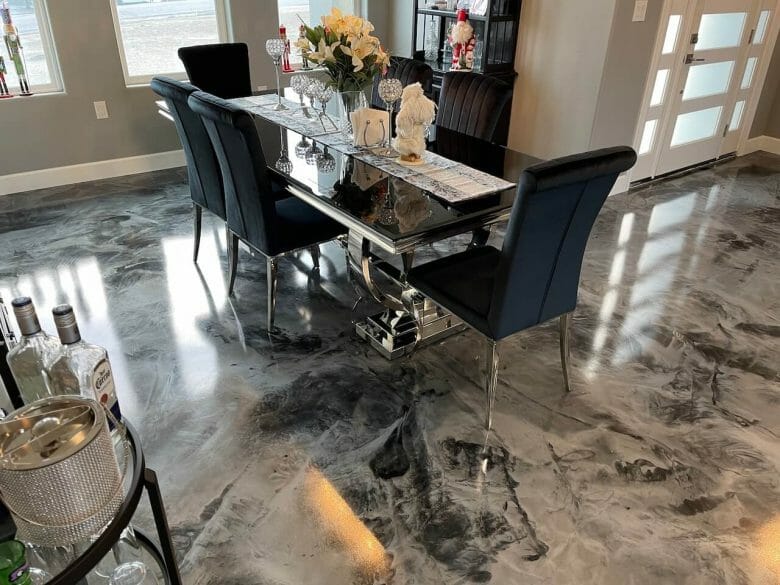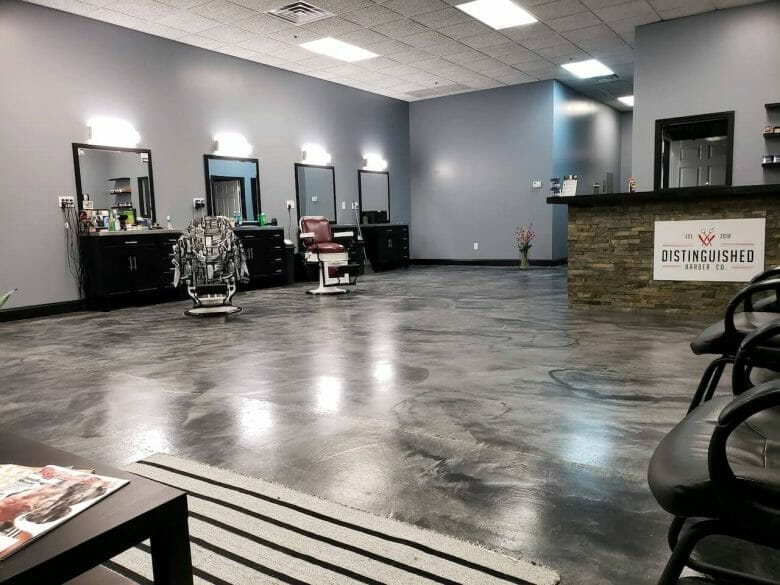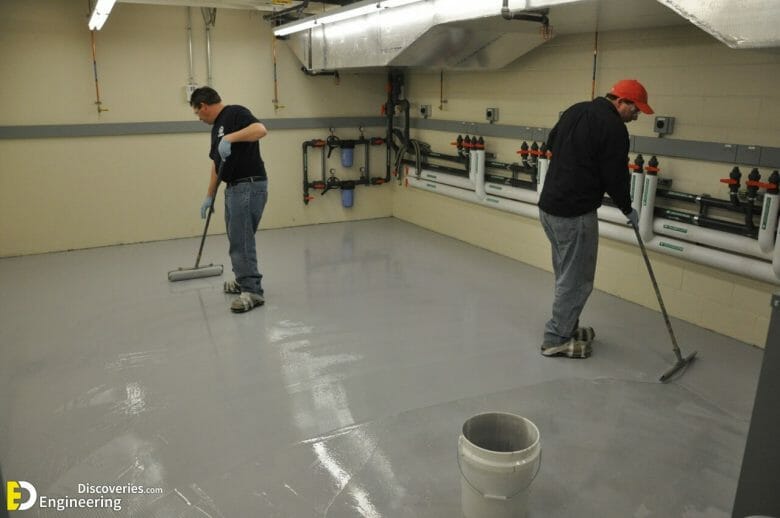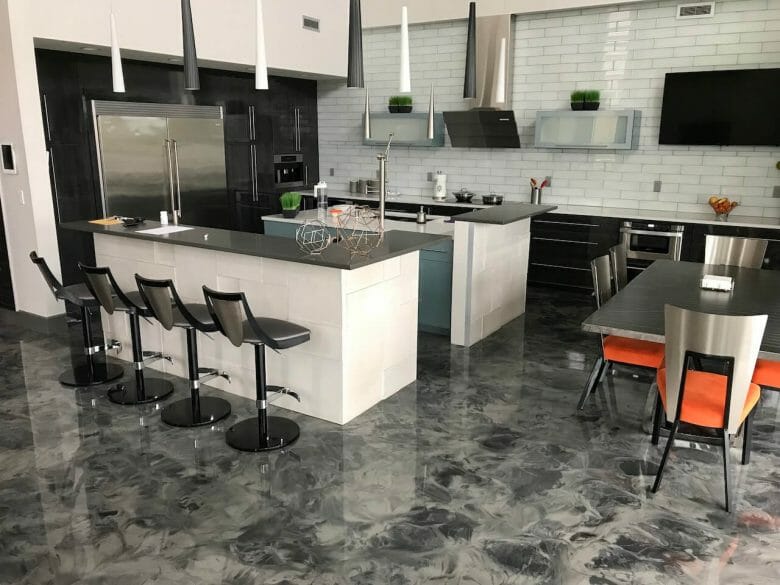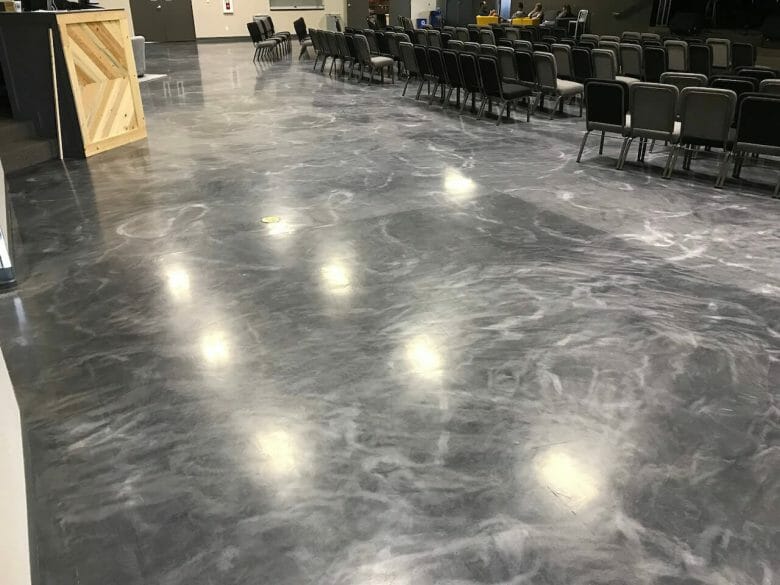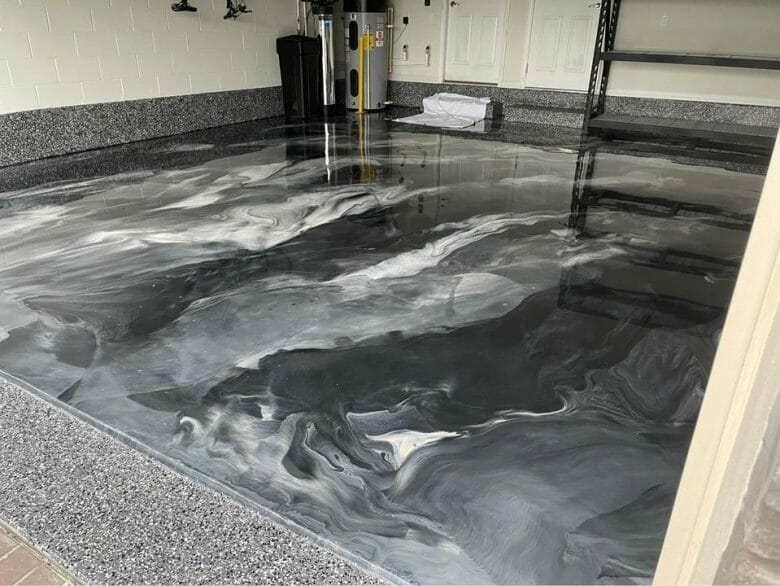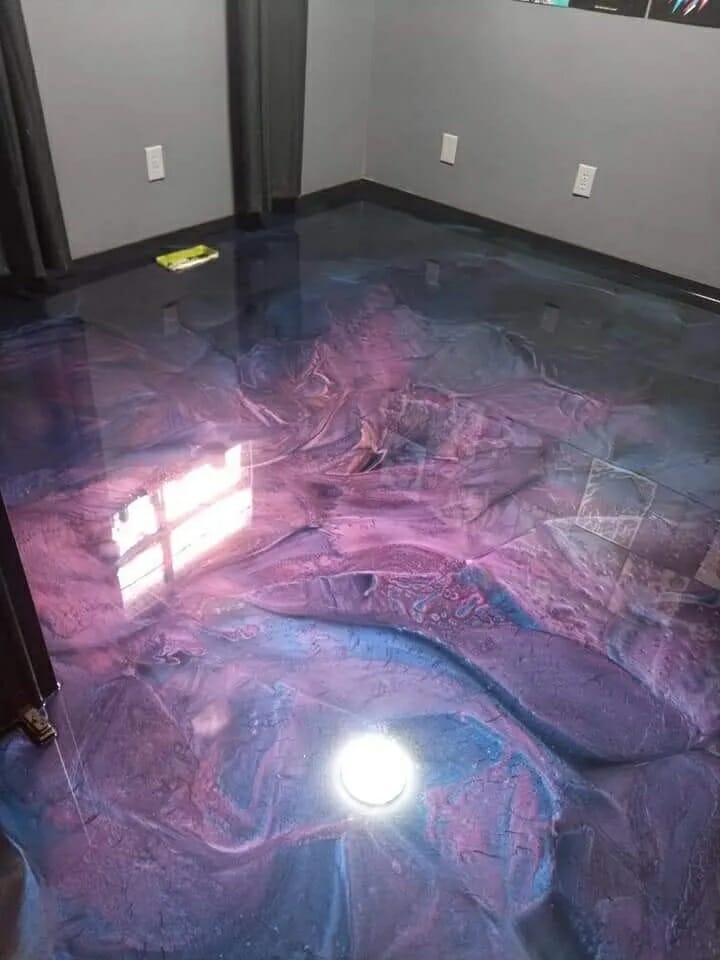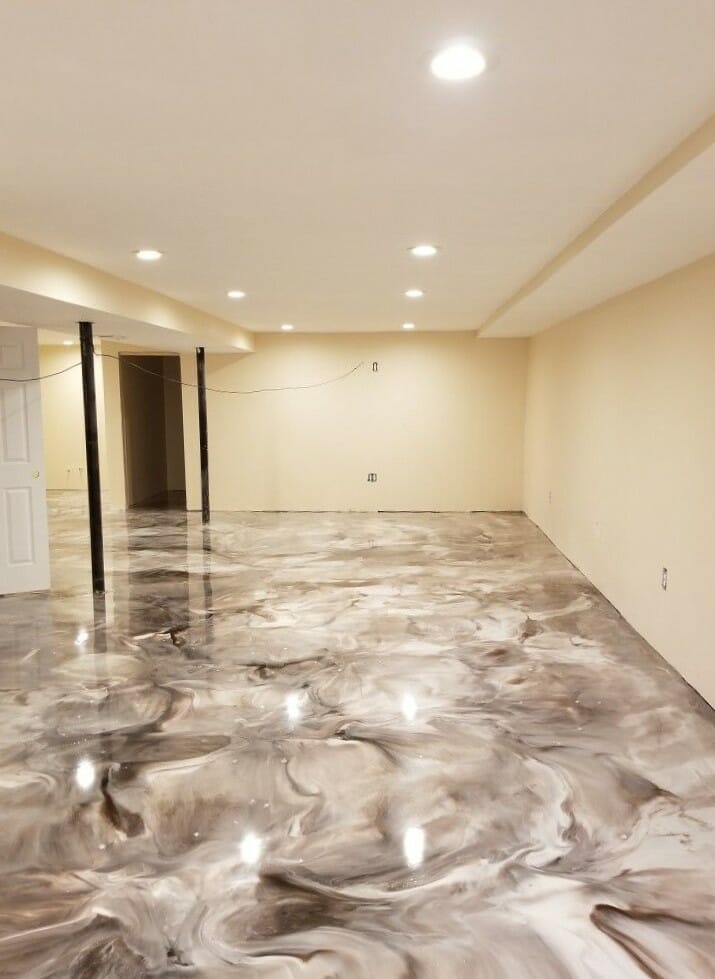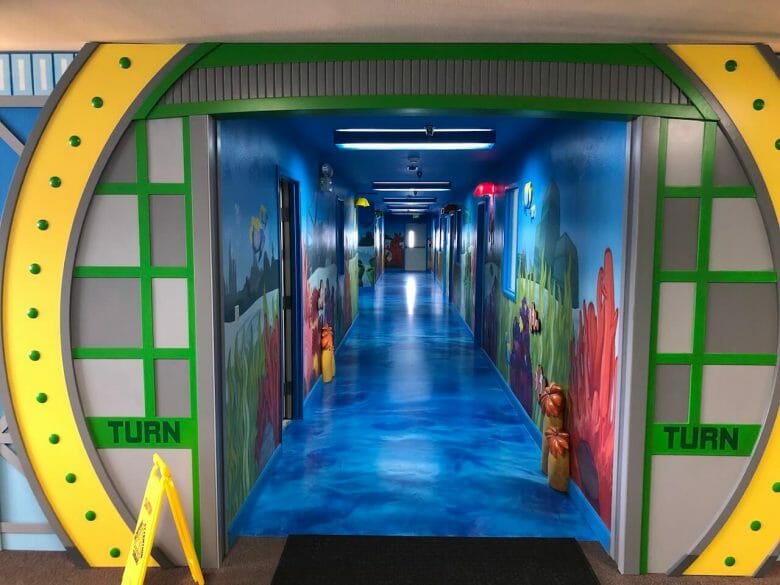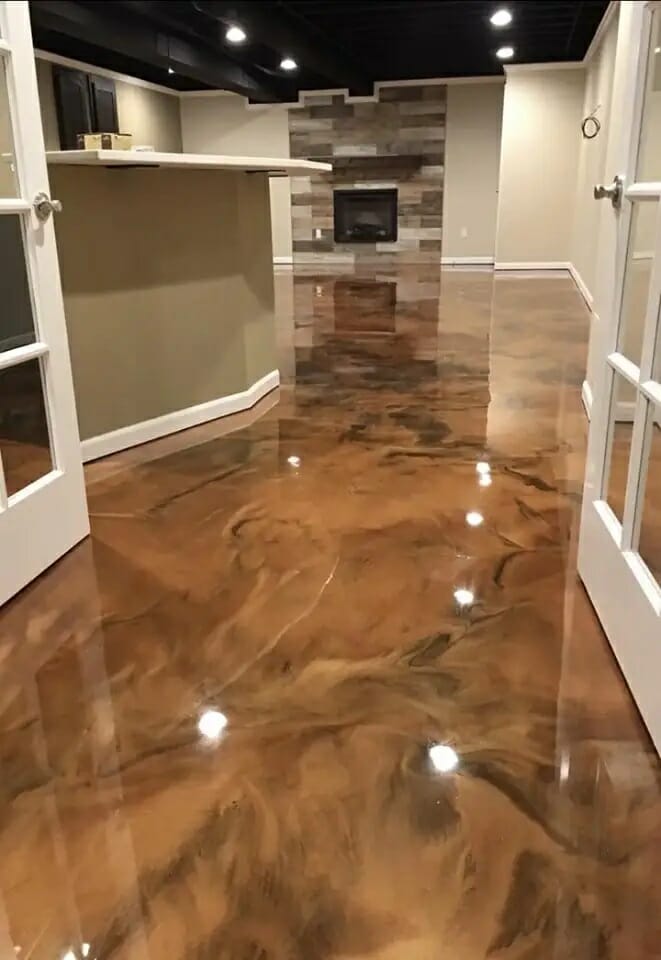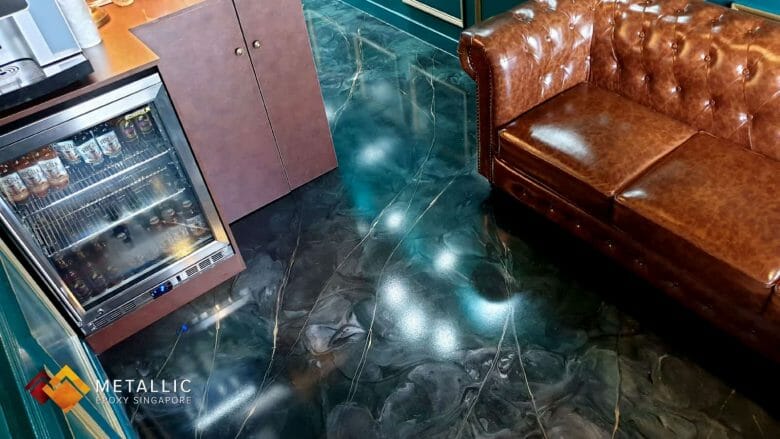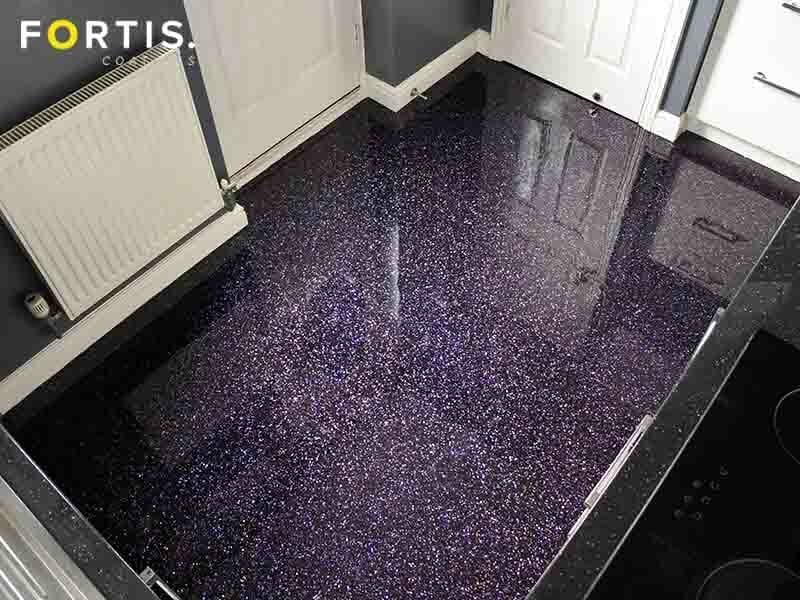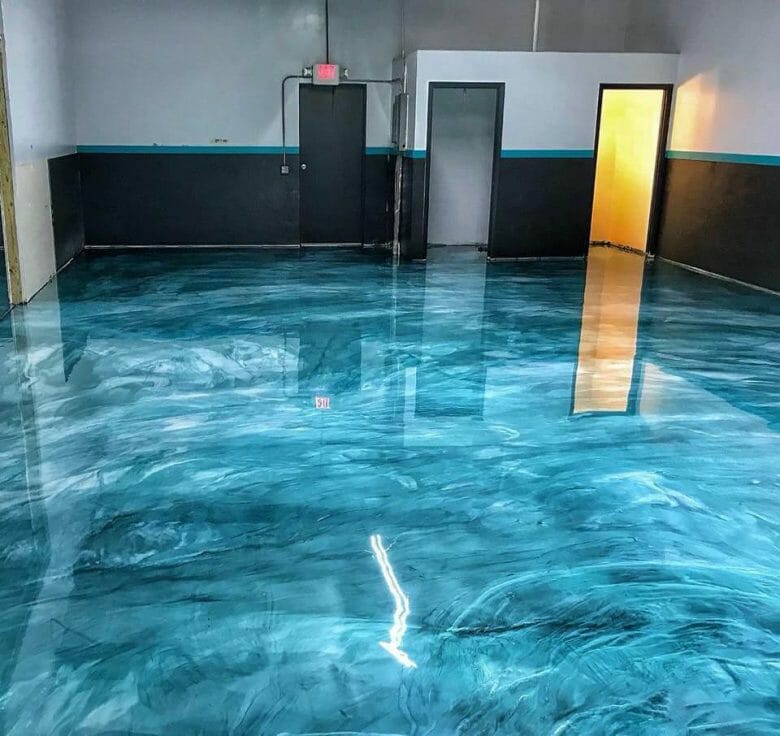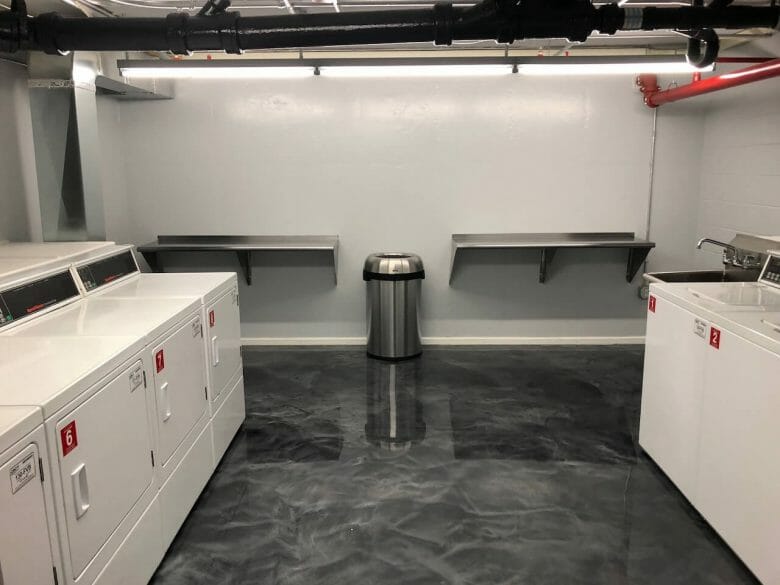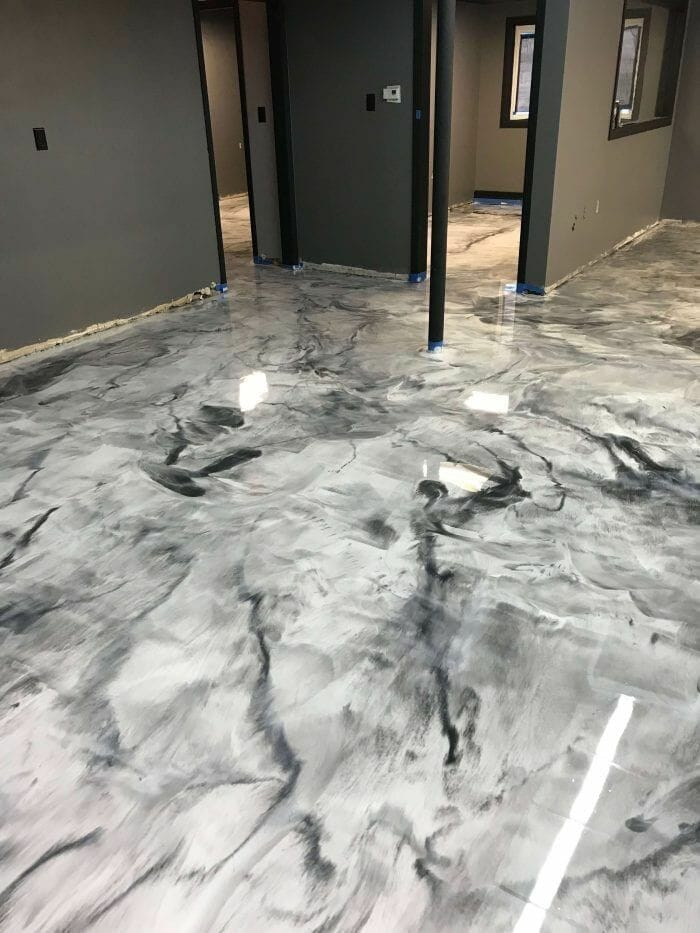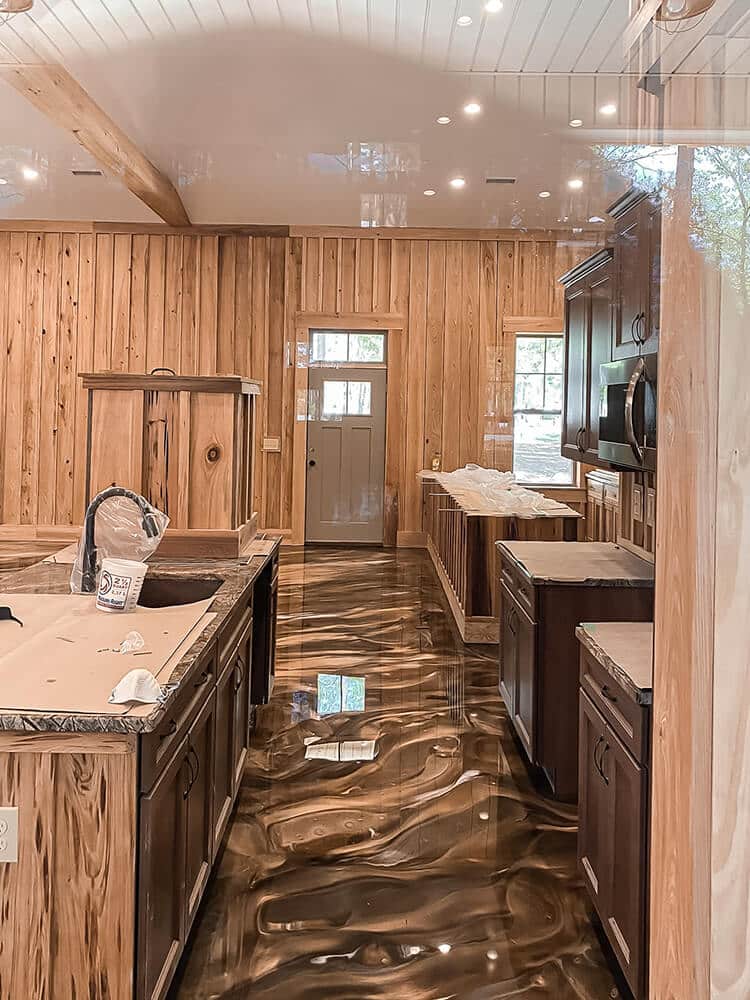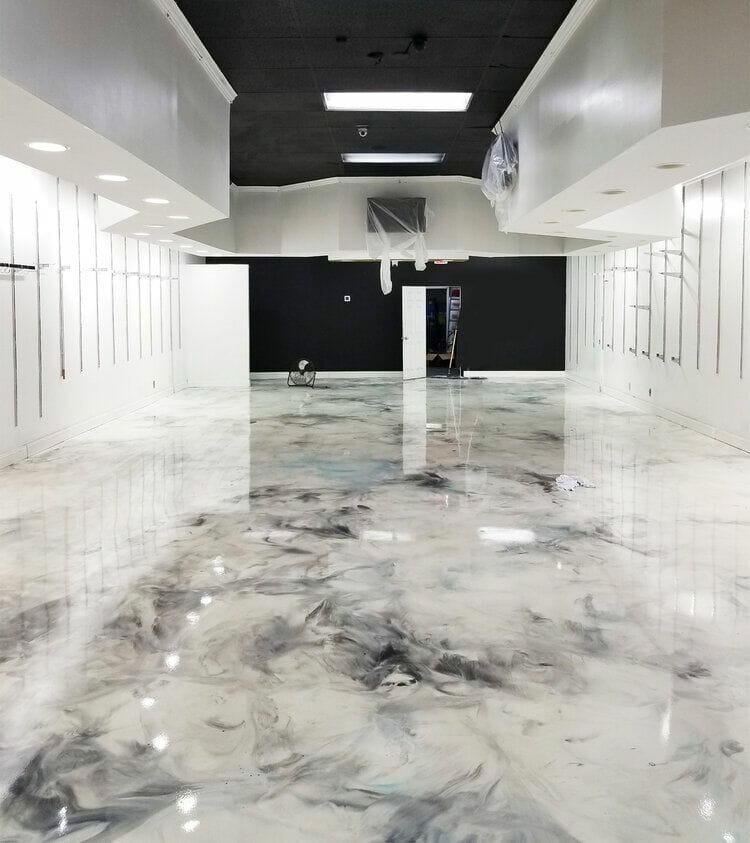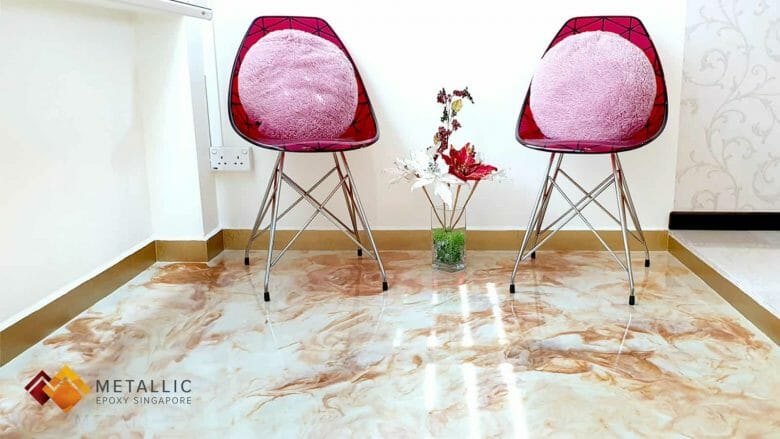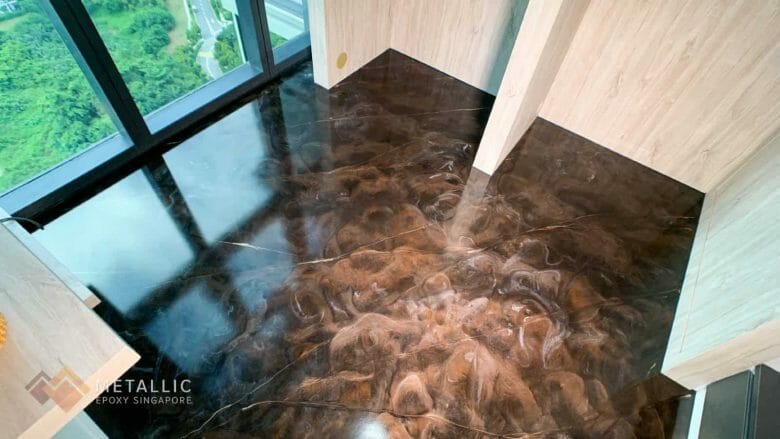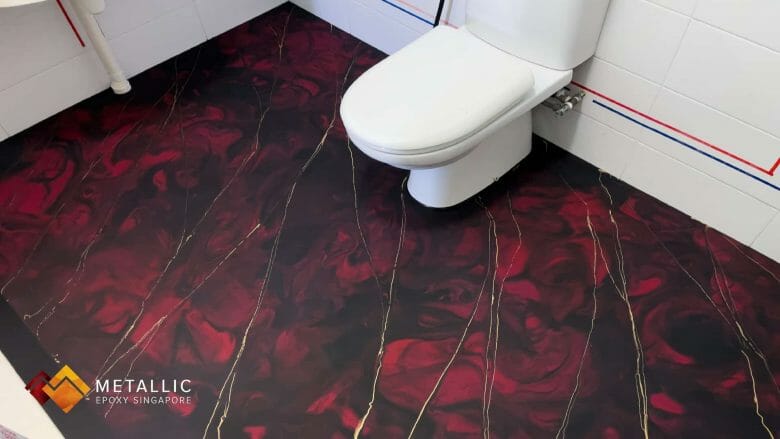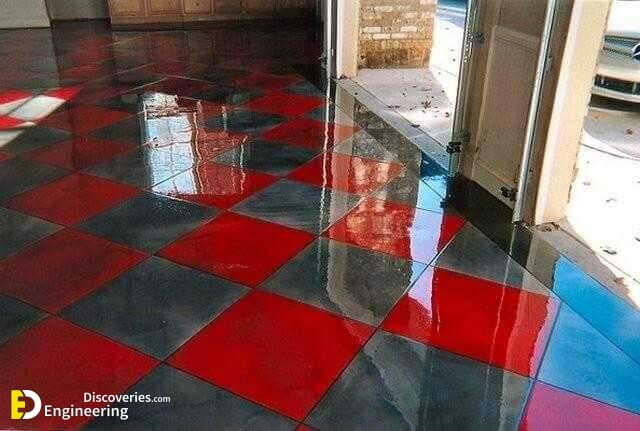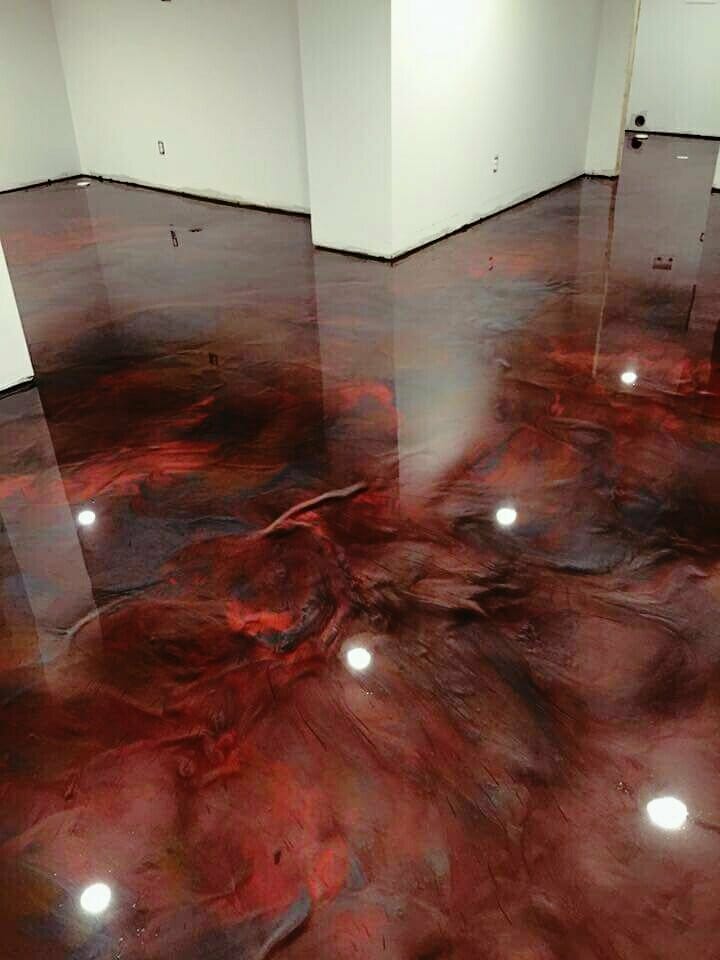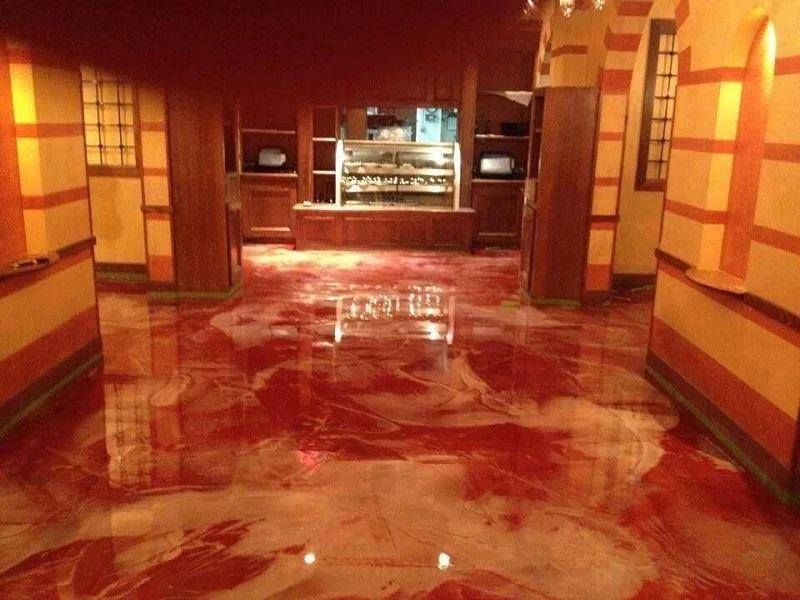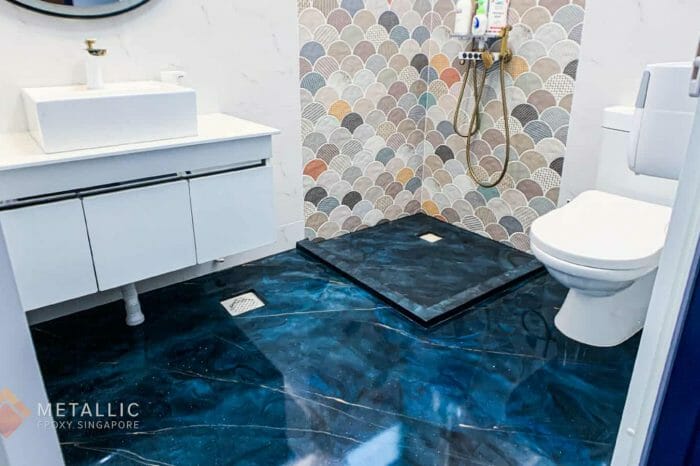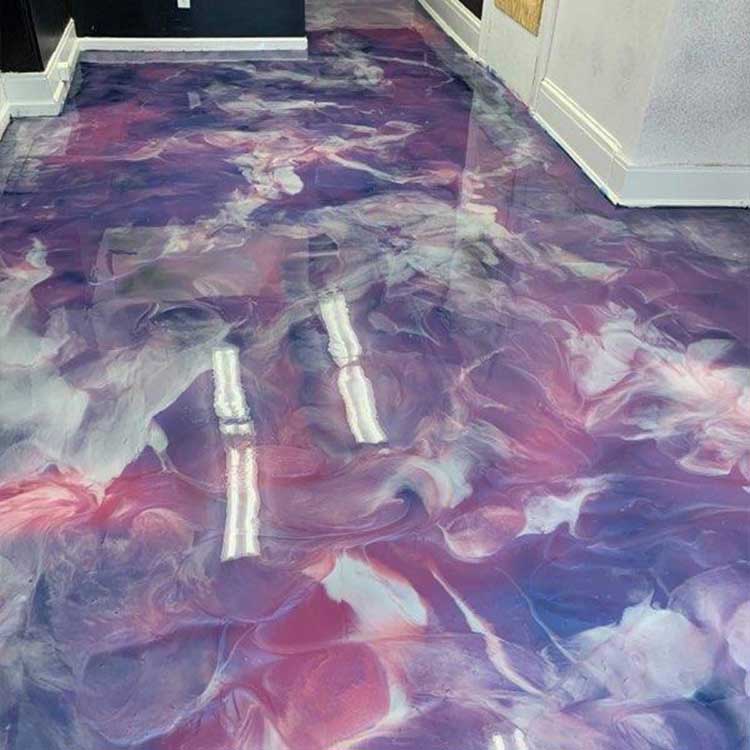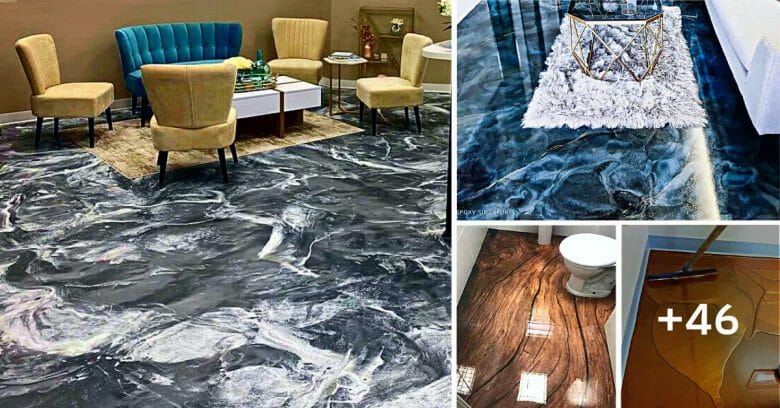
Epoxy flooring is a popular option for industrial-grade floors. They are tough, aesthetically pleasing, come in many options such as anti-slip coatings, and more.
The most straightforward definition of epoxy flooring suggests a flooring surface that comprises multiple layers of epoxy that is applied to a floor with a depth of at least two millimeters.
Confusion typically arises when comparing an epoxy floor and epoxy floor coating. The difference between the two lies in the depth of the epoxy – as stated, epoxy floors are classified as an epoxy coating of at least two millimeters thick.
Any epoxy floor less than two millimeters thick is commonly referred to as an epoxy floor coating.
Epoxy flooring, also known as resinous flooring or polymer flooring, is a two-part mixture consisting of resin and hardener. Epoxy is placed over concrete, wood, VCT, tile, or many other common industrial and commercial floors.
The chemical reaction creates a bond to the substrate and forms a hard plastic. Plus, it cures fast so your company can get back to business quickly.
Because epoxy is poured, there aren’t seams, joints, or ridges like with tile or other types of flooring. This makes epoxy a more sanitary flooring option, eliminating cracks and crevices for dirt and bacteria to hide during cleanings.
An anti-microbial additive can take the sanitation to another level for food plants or healthcare facilities. Also, its smooth surface makes it easier for hospital gurneys or forklifts to roll over without jostling or resistance from floor seam bumps.
Epoxy flooring holds up well against stains and water. Unlike wood, laminate, or other types of flooring, epoxy does not warp or water stain as a result of water damage. When inevitable spills happen, clean up is very easy and stains are rare.
When it comes to flooring, epoxy is the toughest! The chemical compounds create an impact resistant floor that is perfect to handle shock, heat, heavy machinery, and more without worrying about cracks and wear and tear.
The flooring is also durable enough to withstand chemical spills for use in chemical plants.
Another benefit of epoxy flooring is it’s extremely cost effective. The cost per square foot is significantly lower than other types of flooring.
The real deal comes in knowing that the flooring will not have to be replaced for many years and requires low maintenance.
.
.
.
.
.
.
.
.
.
.
.
.
.
.
.
.
.
.
.
.
.
.
.
.
.
.
.
.
.
.
.
.
.
.
.
.
.
.
Credit: Pinterest, leggari, metallicepoxy

